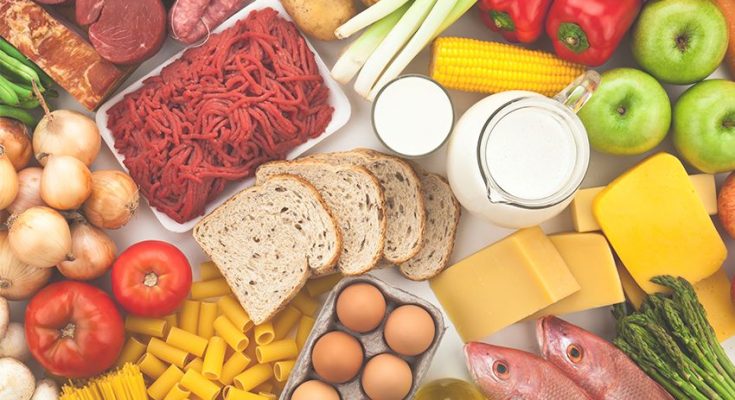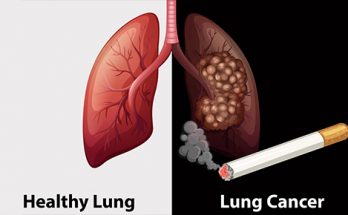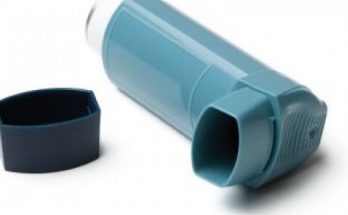What is the best diet for patients with pulmonary fibrosis? This is a commonly asked question! In this blog post we’ll take a look at some of the best dietry tips for patients with pulmonary fibrosis
Maintaining or Achieving a Desirable Body Weight is Essential
Being overweight increases the workload on your heart and lungs to supply oxygen to all areas of the body. Secondly, excess fat in the abdominal area crowds the diaphragm, making it difficult to fully expand the lungs. By losing weight through proper diet and exercise, the body’s muscle mass is increased. This makes breathing easier and the person will feel healthier and more energetic.
On the other hand, being underweight is a problem as well. Weight loss is a consequence of a combination of increased calorie needs and inadequate diet. As a result of poor diet, the body’s muscle mass, including the respiratory muscles, becomes depleted, making breathing more difficult. The increased work of breathing creates a higher calorie need which the person may not be able to meet, and then a cycle of weight loss and muscle wasting is perpetuated.
The Impact of Nutrition on Immunity
A diet deficient in calories, protein, and vitamins and minerals has a negative effect on immune function. The body’s cells that fight infection are made of proteins. Poor diet makes it difficult for the body to build new immune factors to fight infections and to repair damaged tissues. This scenario is common among people with IPF, and puts them at risk for developing respiratory infections. Decreased appetite and increased caloric needs may then start another debilitating cycle. For this reason and the ones above, the IPF patient must achieve a balance of good nutrition and exercise to stay as healthy as possible.
Nutritional Needs
- Fluid: Drink at least 8 cups of caffeine-free fluid daily. Fluid keeps mucus thin and keeps your body hydrated. Also, oxygen use can be drying to the mucus membranes.
- Protein: For repairing and building cells. The amount you need depends on your nutritional status and should be determined by a dietitian. Generally, six ounces of protein per day and 2 cups of milk provide an adequate amount of high biological value protein.
- Calcium: Especially important for women and for individuals who are on steroid medication. Builds bones and helps regulate blood pressure. Obtain from dairy products, supplements and vegetables. Note that the calcium in vegetables is not readily absorbed by the body.
- Adequate calories: important even if you are trying to lose weight. See a dietitian for assessment.
- Potassium: Important for blood pressure control, muscle contraction and nerve impulse transmission. Susceptible to depletion as a result of certain diuretic medications. Found in fruits, vegetables, dairy and meat.
- Caffeine: Limit beverages containing caffeine. It causes the body to lose water and it increases the diuretic effect of medications such as Theophylline .
Tips to Make Eating Well Easier
- Eat three small meals and three snacks- this will prevent you from becoming too full. Too much food at once distends the stomach and crowds the diaphragm
- Bigger meal earlier in the day
- Avoid lying down after meals
- Cook when feeling most energetic- make extra portions and freeze leftovers for easy frozen dinners
- Avoid gas forming vegetables and limit carbonated beverages if prone to gas.
- Keep fruit juice and water readily available in the refrigerator
- Rest before eating
- Choose foods that are easy to prepare
- Choose softer foods that are easier to chew if you become short of breath while eating
- Eat a variety of foods to ensure that you are getting adequate vitamins and minerals



